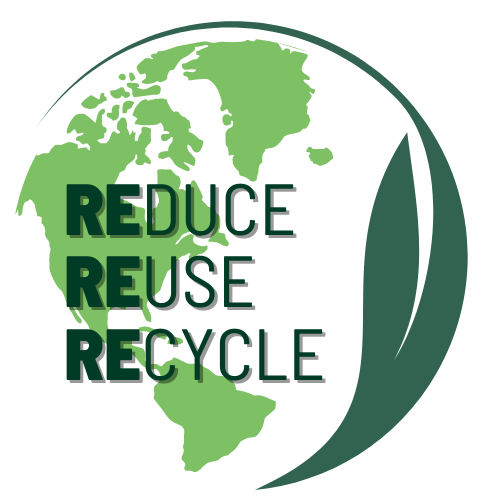A.R.G. Price, K. Jaoui, M.P. Pearson, A. Jeudy de Grissac, An alert
system for triggering different levels of coastal management urgency:
Tunisia case study using rapid environmental assessment data, Marine
Pollution Bulletin, Available online 7 February 2In Press, Corrected Proof _ An alert system for triggering different levels of coastal management urgency014, ISSN 0025-326X,
http://dx.doi.org/10.1016/j.marpolbul.2014.01.037.
(http://www.sciencedirect.com/science/article/pii/S0025326X14000381)
Abstract: Rapid environmental assessment (REA) involves scoring
abundances of ecosystems/species groups and magnitude of pressures,
concurrently, using the same logarithmic (0–6) assessment scale. We
demonstrate the utility of REA data for an alert system identifying
different levels of coastal management concern. Thresholds set for
abundances/magnitudes, when crossed, trigger proposed responses.
Kerkennah, Tunisia, our case study, has significant natural assets (e.g.
exceptional seagrass and invertebrate abundances), subjected to varying
levels of disturbance and management concern. Using REA thresholds set,
fishing, green algae/eutrophication and oil occurred at ‘low’ levels
(scores 0–1): management not (currently) necessary. Construction and
wood litter prevailed at ‘moderate’ levels (scores 2–4): management
alerted for (further) monitoring. Solid waste densities were ‘high’
(scores 5–6): management alerted for action; quantities of rubbish were
substantial (20–200 items m−1 beach) but not unprecedented. REA is
considered a robust methodology and complementary to other rapid
assessment techniques, environmental frameworks and indicators of
ecosystem condition.
Keywords: Ecosystem health; Environmental assessment; Mediterranean;
Thresholds; Coastal management




